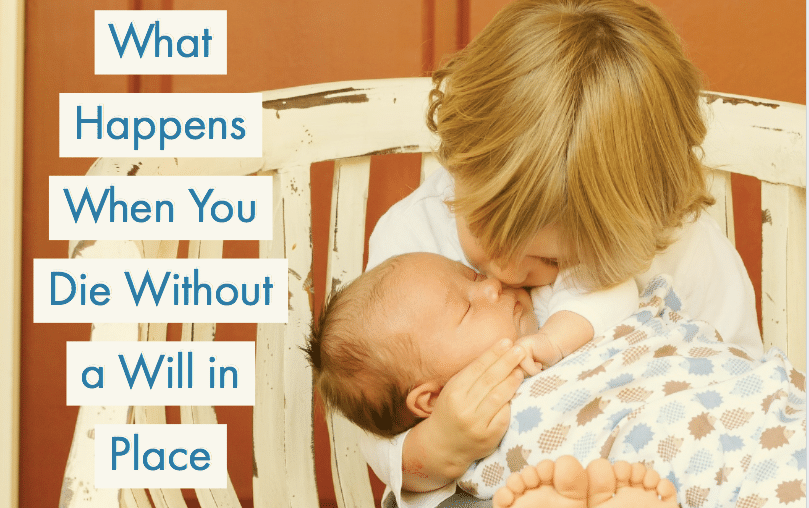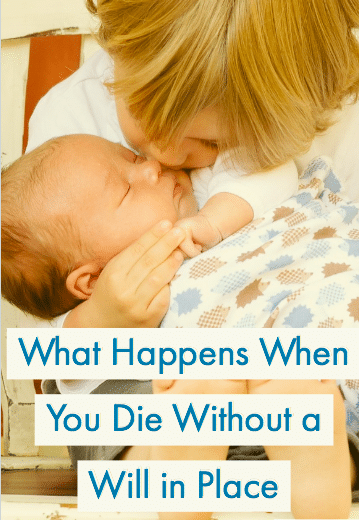
When you die without a will — called “intestate succession” — the courts determine where your assets go.
If you have no plan in place for your minor children and they are left parentless, their inheritance will be placed in the Guardians’ Fund. The Guardians’ fund is administered by the Master of the High Court.
It’s also important to name people to several key roles, including an executor of your will, and powers of attorney for both health care and your financial affairs if you become incapacitated while still living.
Here’s one celebrity trend you should avoid: having no will.
Aretha Franklin, who died on 16 August 2018 in her Detroit home after a long battle with pancreatic cancer, did not have one in place, according to published reports. She was 76.
Her four sons filed a document with the Oakland County Probate Court in Michigan that lists themselves as interested parties in Franklin’s estate. A niece also asked the court to appoint her as personal representative of the estate.
While you might assume estate planning only applies to wealthy people, that’s not the case. An estate only refers to what you own: financial accounts, real estate and possessions.
Putting a plan in place for those assets helps ensure that upon your death, your wishes are carried out and that family squabbles don’t evolve into destroyed relationships.
In other words, it’s partly about making things easier for your loved ones during an already-difficult time.
When a person passes on without a will, they forfeit the privilege of deciding what should happen to their estate and the estate gets allocated in terms of pre-determined legislated guidelines, known as intestate succession.
In other words, that person has no say in how the estate should be apportioned.
“Having a Will in place should from part of broader legacy and financial planning, with specific focus on the estate planning piece. Evidently, this is a subject most people avoid because it involves death. However, not having a will can be traumatic on the family – in some instances quite expensive,” explains Vijay Morarjee, CEO of FNB Fiduciary.
“A worrying indicator is that a large number of South Africans pass on without a will in place. This means they have no say on their estate. If a person dies without a will, prescribed rules take over and operate through a set of legal guidelines on the deceased’s behalf as to how the estate will be divided.”
The rules of intestate succession come into effect in cases where a will was not left to guide the distribution of the estate.
Examples:
If the deceased is married in community of property, the deceased’s spouse will receive half of the joint estate plus R250 000 or a child’s portion, whichever is greater. The child’s portion is calculated by dividing the remainder of the estate by the number of children and the number of spouses.
In the event that there is no surviving spouse, the estate is divided between the children of the deceased. If one of the deceased’s children predeceased him or her, then the children of the pre-deceased’s child (the deceased’s grandchildren) will inherit that child’s portion.
In the event that the deceased passes away in the absence of a spouse or children, the estate is divided equally between the parents of the deceased.
In all scenarios mentioned above, the Master of the High Court will nominate a person to administer the estate. Being an executor is an extremely important function and one may only hand pick their executor if a valid will exists.
In addition, and in the absence of clear directives that can only be made in a Will, all inheritances for minors (person below the age of 18) will be placed in the Guardians’ Fund. The Guardians’ fund is administered by the Master of the High Court.
Funds may only be accessed by the minor for specific limited purposes and the Master has implemented stringent requirements and processes in this regard to prevent abuse and fraud.
Estate planning is about more than just drafting a will. It’s about protecting your assets, financially supporting the people left behind, and making sure that the tax your estate pays is reasonable. Click the button below to download my free Estate Planning Tool Kit
